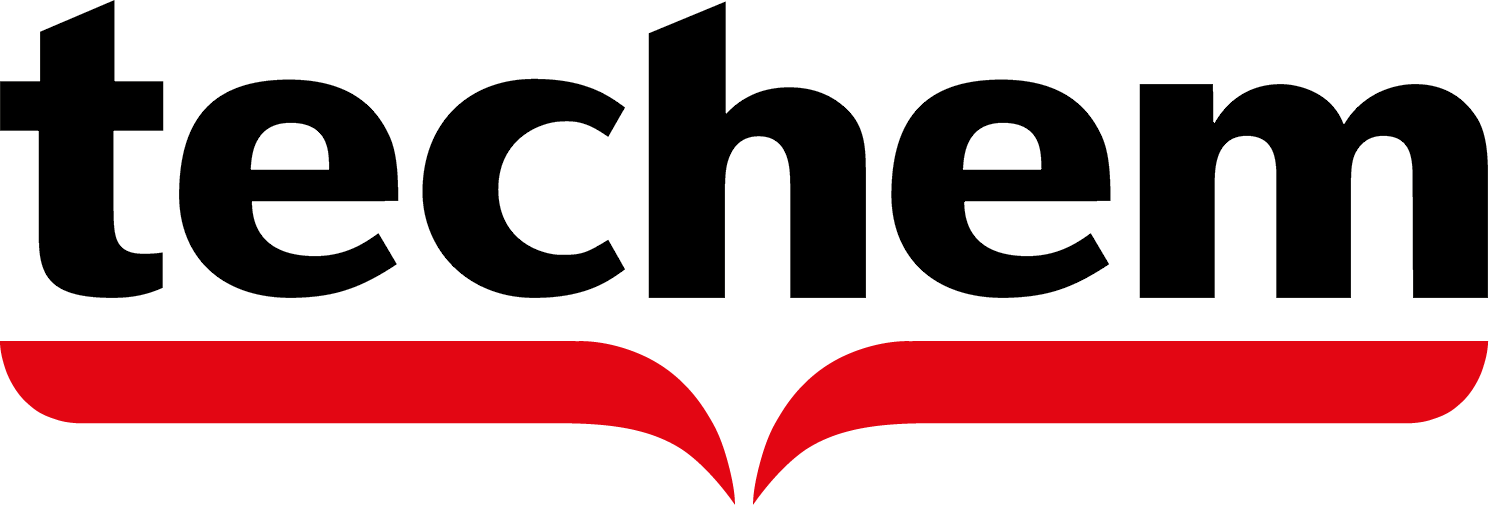Press Releases - 10.10.2023
Smart metering paves the way for tenant power projects
- Techem survey shows that 38 percent of commercial landlords and 27 percent of private landlords are planning initial tenant electricity measures
- Announcement to simplify and de-bureaucratize regulations provides incentive for majority of respondents to invest in PV systems
- Smart metering as a basic prerequisite for tenant electricity models
Eschborn, October 10, 2023 – The German government is ambitiously driving the energy transition forward: By 2030, 80 percent of gross electricity consumption is to be covered by renewable energies. The federal government’s photovoltaic strategy, which is designed to accelerate the expansion of solar installations, is a key lever in this. Solar modules on the roofs of multi-family dwellings play an important role here, as half of the planned expansion is expected to occur on existing roof surfaces. They also lay the foundation for being able to supply the solar power generated on the roofs directly to the tenants. In the future, not only homeowners will benefit from PV systems and low-cost green electricity, but also tenants. A study by the energy service provider Techem shows that some landlords are already planning their first tenant electricity projects (38 percent commercial vs. 27 percent private) and half of them consider implementation in the next 5 years to be very likely (58 percent commercial vs. 48 percent private).
Image information: The first tenant power projects are already in the planning stage, but a wide variety of billing models are causing uncertainty. Simplified regulations should provide a remedy (Image Source: MyCreative/Shutterstock).
A resource question: manage power yourself or outsource it?
There are different models for how landlords can supply and bill residents for the electricity they produce themselves. The private landlords surveyed prefer to market the electricity directly (31 percent) according to the new “shared building supply” model. Here, tenants do not have to change their electricity supplier and cover their residual electricity needs themselves. The tenant electricity model, in which landlords have to conclude a contract with a service provider, usually an external energy supplier, is favored by 28 percent. Here, the tenant electricity provider supplies a mix of solar electricity and residual electricity from the grid.
“When we take responsibility for tenant electricity projects, the administrative burden for landlords is significantly lower because they do not have to deal with billing tenants for the electricity they generate themselves. At the same time, with on-site electricity production, they and the occupants benefit from greater price stability, a proportionately lower price, and green electricity,” says Gero Lücking, Head of Smart Metering.
Investment incentives through less bureaucracy
To learn about unanswered questions and the rights and obligations that come with the models, 83 percent of commercial respondents and 59 percent of residential respondents would like to see more information offered on the topic of tenant electricity and advice tailored to their own properties (83 percent commercial vs. 63 percent residential).
In order to lower the hurdles and achieve the goals of the PV strategy, the German government wants to simplify the regulations with the new model of a “community building supply.” Property owners, for example, are to be exempted from the obligation to supply residual electricity. Tenants will not have to change their electricity supplier either. Thus, in the future, the current electricity suppliers will only cover the electricity demand that cannot be supplied by the solar system. Excess amounts from solar generation can continue to be fed into the grid. The majority of respondents perceive the announcement that regulations will be simplified and made less bureaucratic as an incentive to invest in PV systems (98 percent business vs. 88 percent private).
Smart metering ensures transparency in decentralized power projects
The basic prerequisite for the implementation of both models is always digital electricity meters and an intelligent metering system. It provides information about the amount of solar power generated as well as the consumption of the tenants. It thus provides the data for individual billing. This applies both to the previous tenant electricity model and to the new “community building supply” model.
“As a universal metering point operator, Techem provides the real estate industry with what it needs for monitoring, balancing and billing of its properties from a single source. Energy consumption, energy costs and CO2‑ emissions - by means of smart metering, we create transparency, also for tenants, who can adjust their electricity consumption on this basis,” says Gero Lücking. “The ‘community building supply’ model significantly simplifies the previous tenant electricity model and will thus lead to a significantly accelerated expansion of photovoltaic systems on the roofs of apartment buildings. This brings us closer to the goal of a climate-neutral real estate stock by 2045. Buildings will become power plants and storage facilities, which in perspective can be flexibly integrated into the electricity market via smart metering systems for economic optimization. Techem can support all parties involved in this process with its services."
About the study
Techem conducted an online survey in May 2023 in which 50 commercial and 200 private landlords were interviewed. The participants in the study were obtained via Innofact’s public panels.
About Techem
Techem is a leading service provider for smart and sustainable buildings. The company's services cover energy management and resource conservation, residential health and process efficiency in real estate. Founded in 1952, the company is now active in 18 countries with around 4,300 employees and services more than 13 million homes. Techem offers efficiency improvements along the entire value chain of heat and water in real estate. As the market leader in remote radio detection of energy consumption in homes, Techem continues to drive networking and digital processes in real estate. Modern radio smoke detectors with remote inspection and services related to improving drinking water quality in properties complement the solution portfolio for the housing industry. For more information, visit www.techem.com/corp/en.
